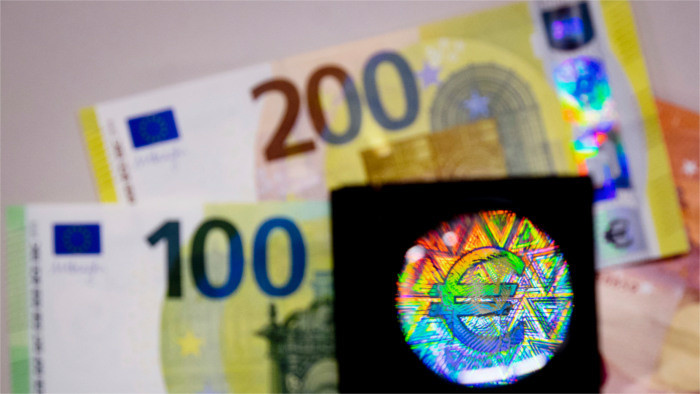From the New Year, the tax rates will change - the basic rate will rise from 20 to 23 per cent, while the two reduced rates will be 19 and 5 per cent. From January, the existing 10 per cent rate will be abolished. While the government believes the reduced rates will bring down food prices, retailers warn that we should be prepared for higher prices on other goods.
The 20 per cent basic rate together with the reduced 10 per cent rate have been in force in our country for almost a decade, since 2015. Now, the basic rate will rise to 23 per cent - similar to Poland. Only the Hungarians have a higher basic rate - 27 per cent. The government hopes to see a real fall in food prices by dropping the lowest rate from 10 per cent to 5 per cent. Prime Minister Robert Fico:
“As for all other food products, they will be taxed at 19% and basic foodstuffs at 5%VAT. Yes, food will be cheaper.”
If prices do not change sufficiently, the ruling Smer-SD party has already proposed state-regulated prices in shops. According to Martin Krajčovič, chairman of the Slovak Alliance of Modern Trade, reducing the basic food range to 5% is a step in the right direction:
“In the short term they may even bring about a decline, but in the long term they will still be anti-inflationary, even if prices rise, only 5% will be added to the price.”
As for the list of basic foodstuffs, the Prime Minister announced that it could be modified after the New Year - there have long been complaints that eggs, for example, are missing from the list. Martin Krajčovič says that the prices of other goods - on which the tax rate will be increased - will not automatically have to be raised across the board:
“This is a significant cost resulting from the consolidation package and it will be up to each retailer to decide how to absorb these increased costs in their own network, for example whether to apply VAT immediately or subsidise the change in some way from their own margin.”
According to Martin Hudcovský of the University of Economics in Bratislava, "entrepreneurs will try to build a sufficient amount of VAT into their products".
Three VAT rates will change - the standard rate will increase by 3%, resulting in higher prices for various goods and services. Conversely, VAT on selected food, textbooks, medicines and accommodation services will fall from 10% to 5%. This rate should also be maintained to support rental housing.
Source: STVR

